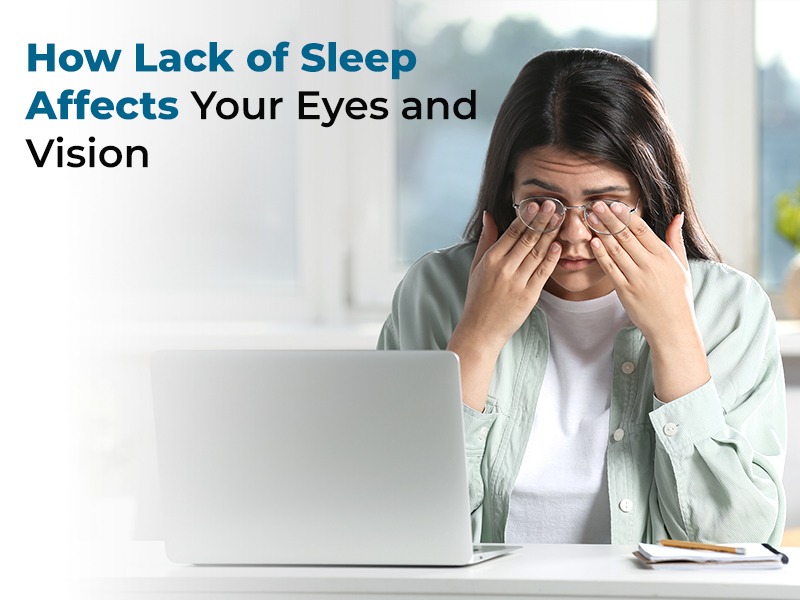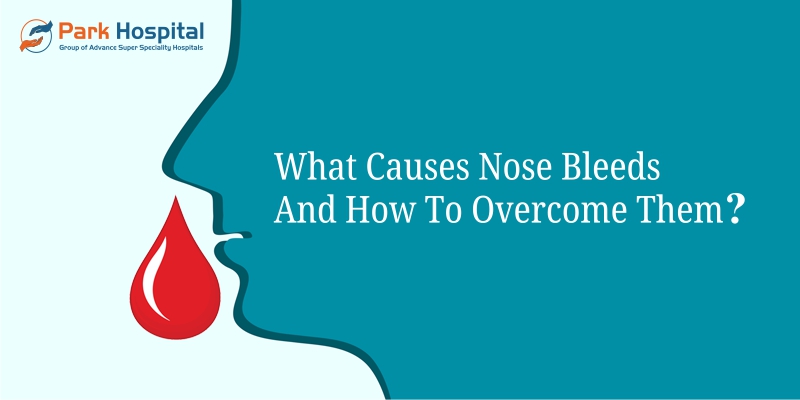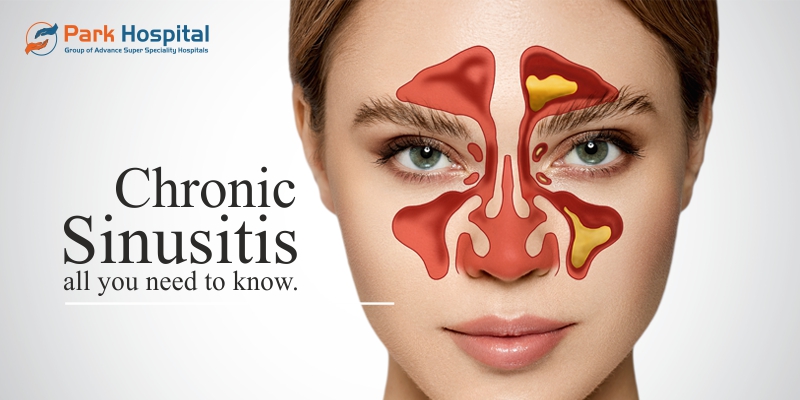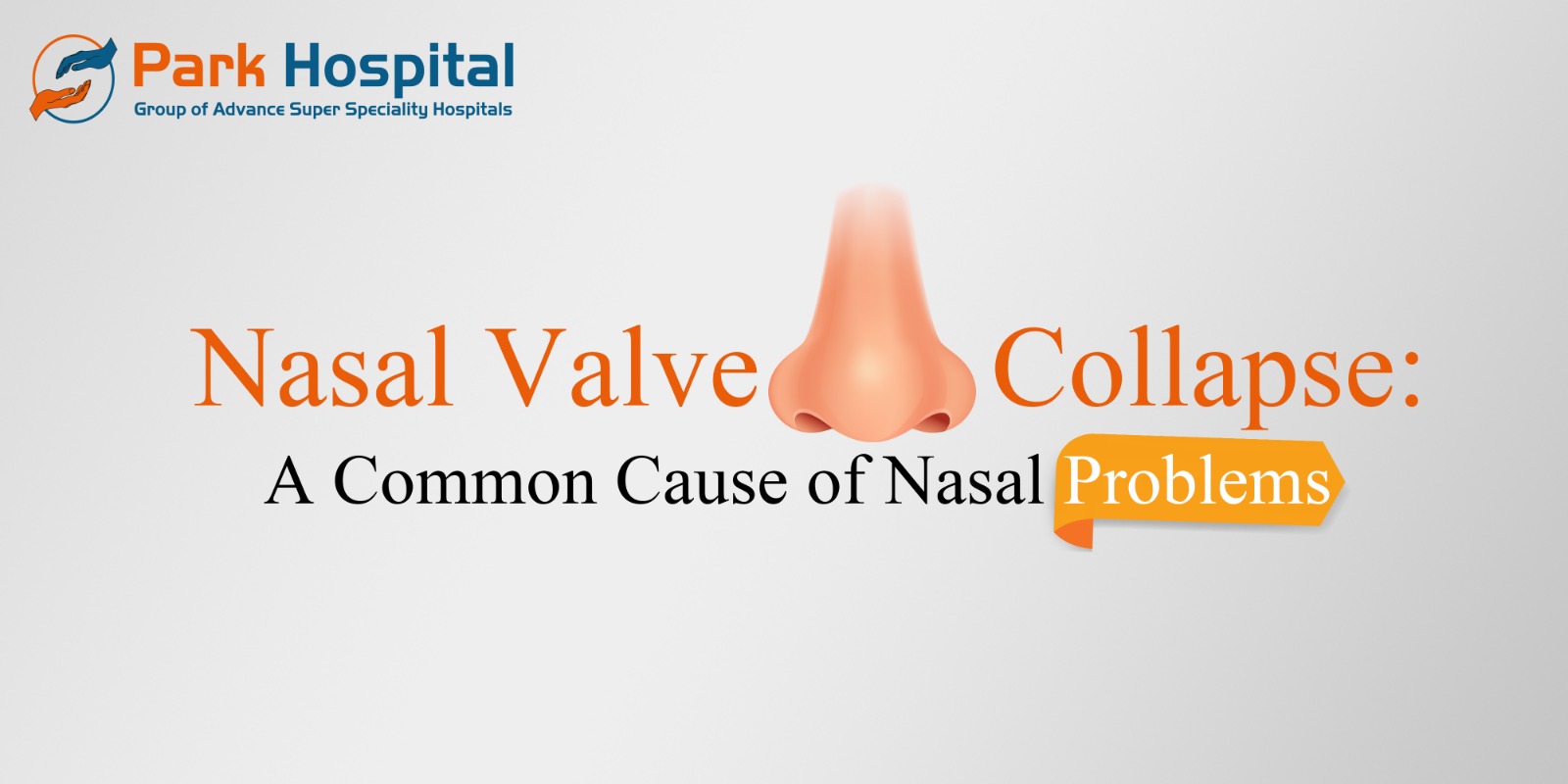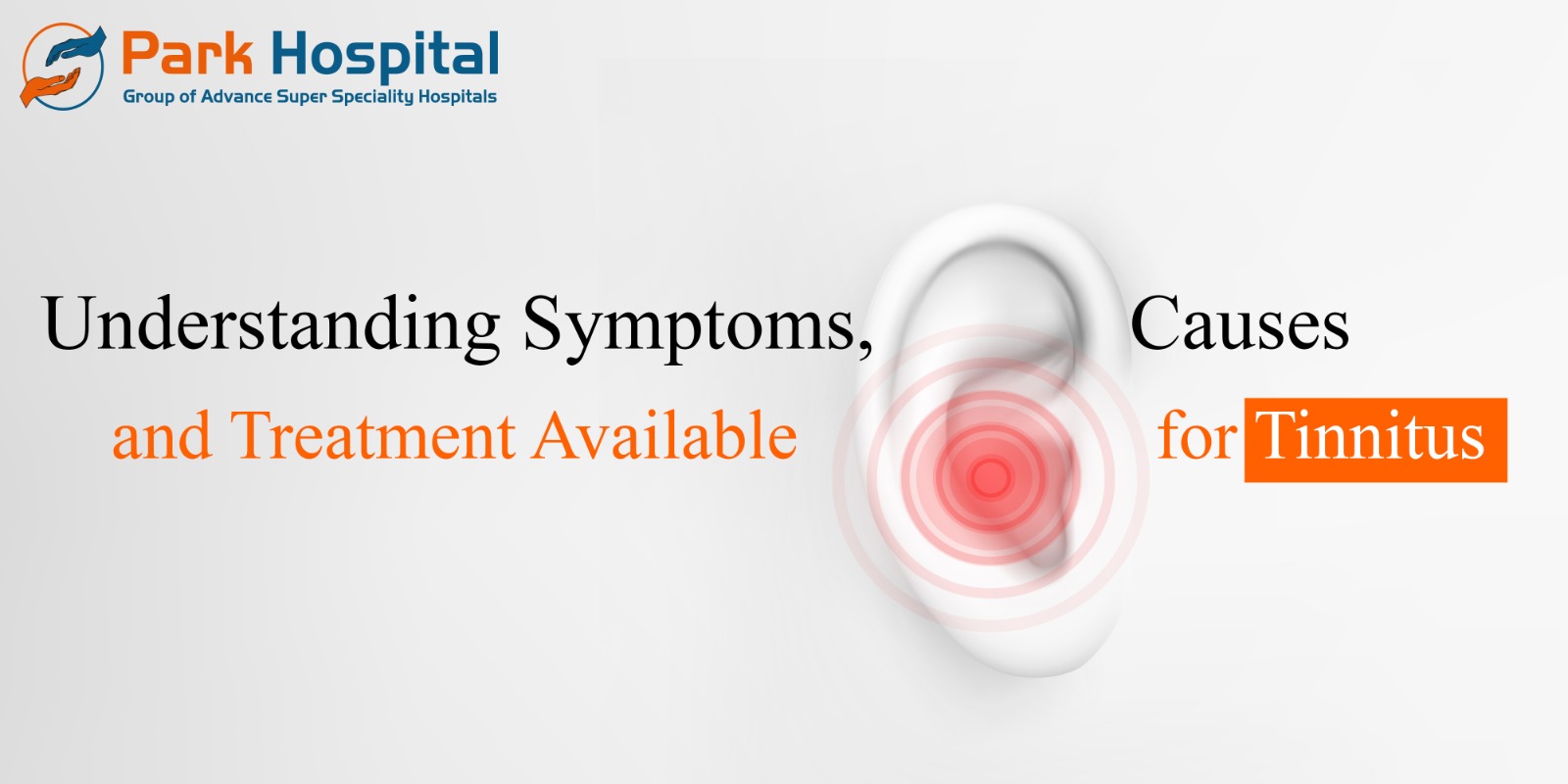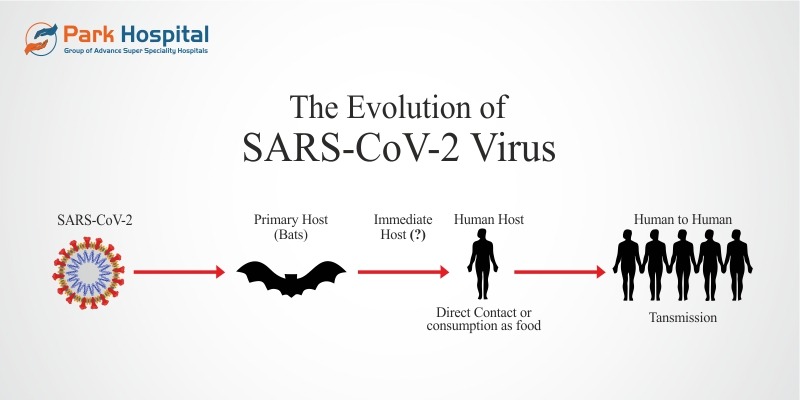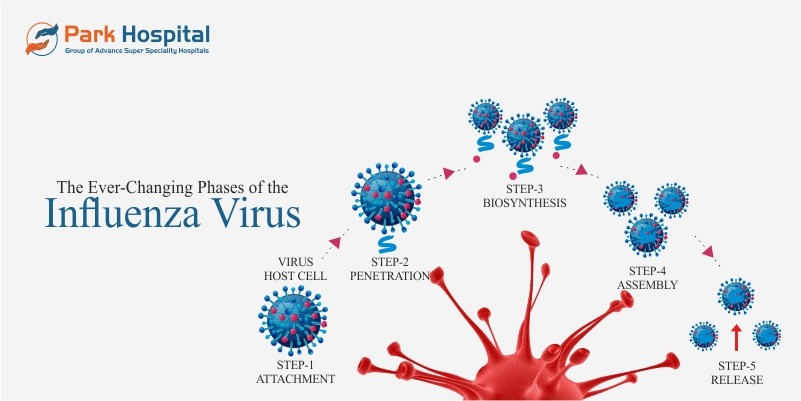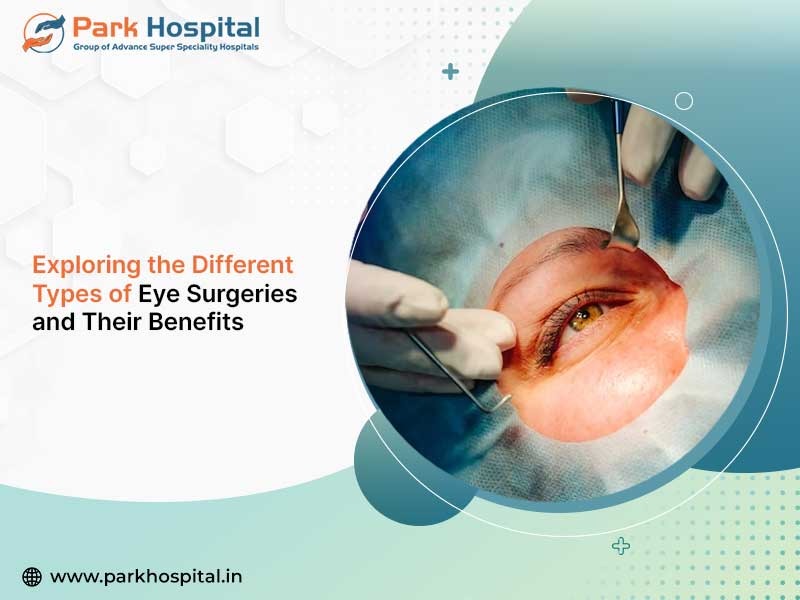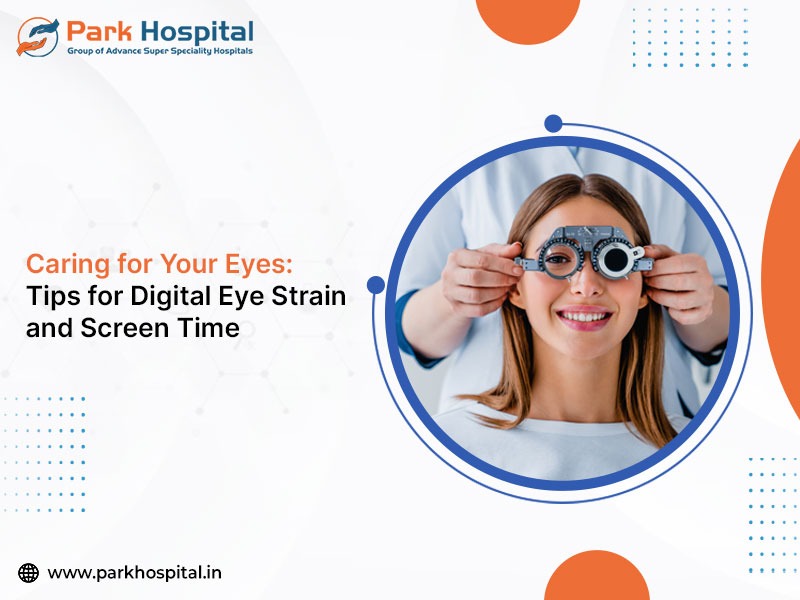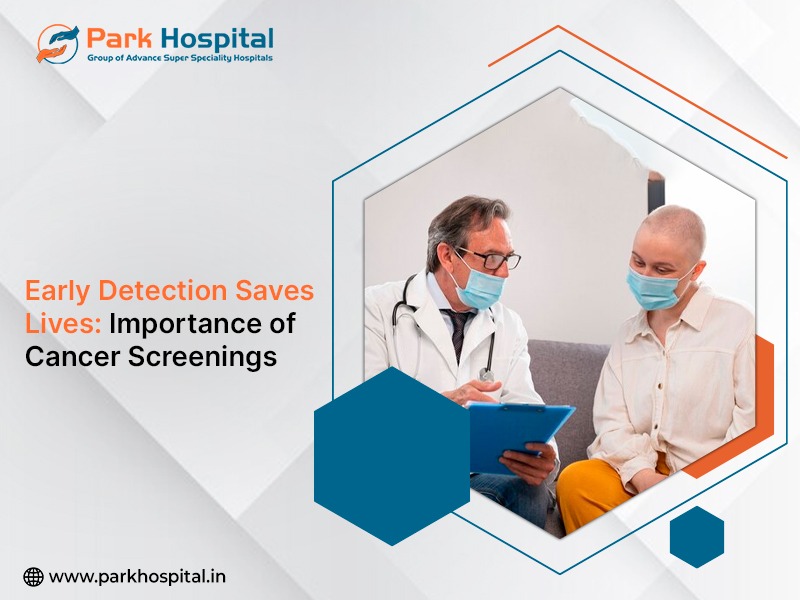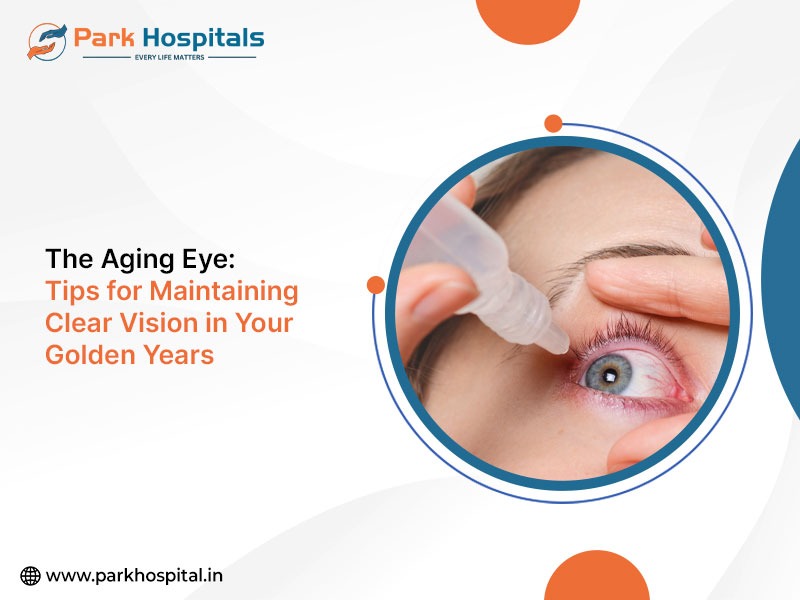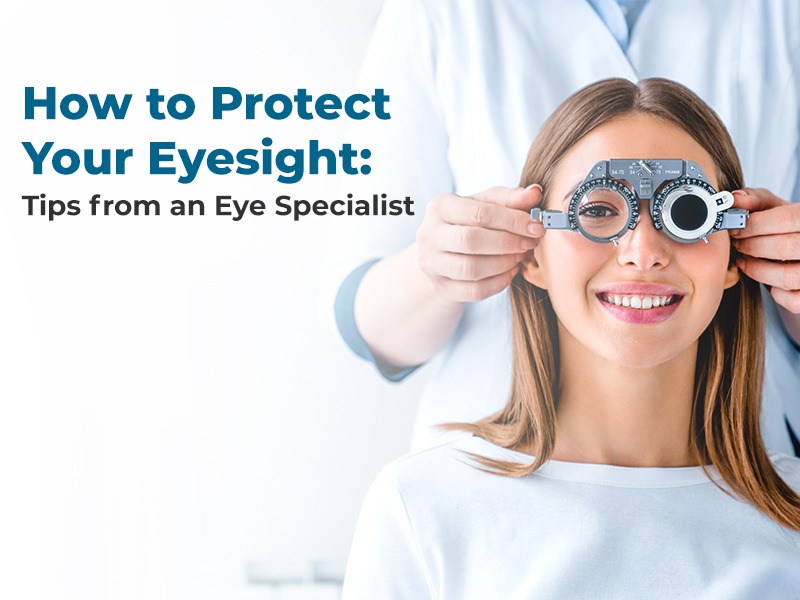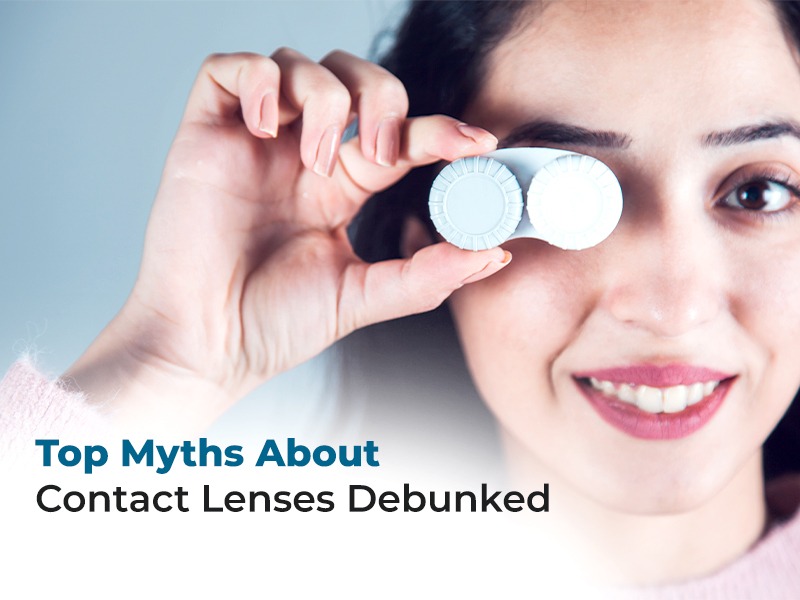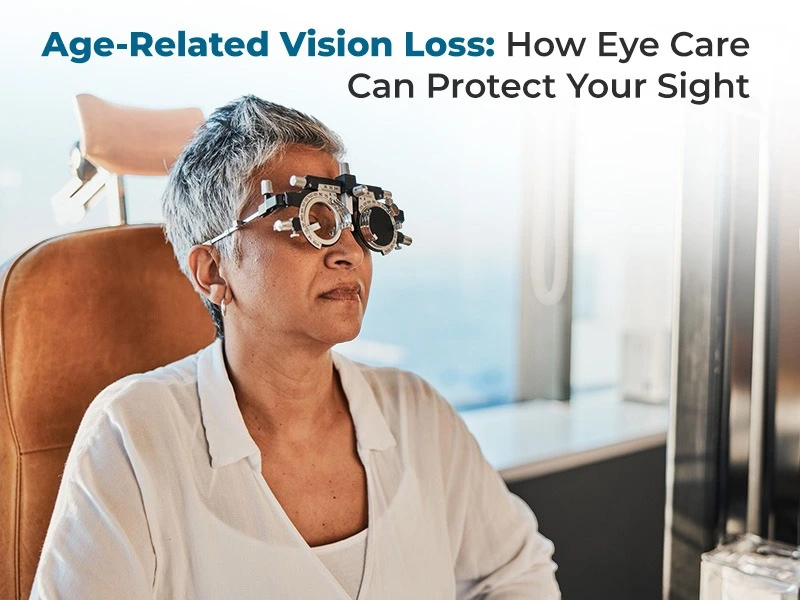Do you often skimp on sleep, thinking you’ll catch up over the weekend? You’re not alone. In today’s fast-paced life, many people in India sacrifice sleep to meet deadlines, binge-watch shows, or scroll endlessly through social media and then end up searching for the best eye specialist. While sleepless nights might seem harmless, the effects can be more serious than you think—especially for your eyes.
Good sleep is not just about waking up feeling refreshed; it plays a crucial role in maintaining your overall health, including your eyes and vision. Let’s dive into how a lack of sleep can impact your eyes and what you can do about it.
The Role of Sleep in Eye Health
When you sleep, your body gets a chance to repair and recharge, and this includes your eyes. During the day, your eyes work non-stop—whether you’re reading, driving, or simply looking at your phone. Sleep provides your eyes with the much-needed downtime to recover from the strain and prepare for the next day.
Without adequate rest, your eyes don’t get the opportunity to replenish essential nutrients and maintain proper hydration. This can lead to immediate discomfort and, over time, serious vision problems.
Common Eye Problems Caused by Sleep Deprivation
1. Dry and Irritated Eyes
Have you ever woken up after a late night only to feel your eyes are dry and scratchy? Sleep deprivation reduces the production of tears, which are essential for keeping your eyes moist and comfortable. Without enough tears, your eyes may become red, irritated, and prone to infections. If this continues for long, it is advisable to consult an eye specialist near palam vihar gurgaon at Park Hospital.
2. Eye Fatigue
Think of your eyes as muscles. Just like overworked arms or legs, your eyes also get tired after prolonged use. Lack of sleep can make your eyes feel heavy, strained, and unable to focus properly. This is especially noticeable if you spend long hours staring at screens.
3. Blurred Vision
When you don’t get enough rest, your eyes struggle to perform their best. You may experience blurred or double vision, making it harder to read or work efficiently. This is because sleep deprivation affects the eye muscles and disrupts their coordination.
4. Dark Circles and Puffy Eyes
Tired eyes are often accompanied by dark circles and puffiness, which are signs of insufficient sleep. While this may not directly affect your vision, it certainly impacts your appearance and overall confidence.
5. Increased Risk of Serious Eye Conditions
Chronic sleep deprivation can have long-term effects on your eye health. Studies suggest that poor sleep habits may increase the risk of developing conditions like glaucoma, which can lead to permanent vision loss if not treated.
How Lack of Sleep Affects Overall Vision
Your eyes and brain work together to process what you see. When you’re sleep-deprived, your brain doesn’t function optimally, leading to slower reaction times and impaired visual perception. This can be especially dangerous while driving or performing tasks that require sharp focus and attention.
Are You Getting Enough Sleep?
For adults, the ideal sleep duration is 7–9 hours per night. However, in India, long working hours, irregular schedules, and lifestyle habits often disrupt sleep patterns. If you frequently wake up tired or experience any of the eye problems mentioned, it’s a sign that you’re not getting enough rest.
Tips to Protect Your Eyes and Improve Sleep
1. Stick to a Sleep Schedule
Go to bed and wake up at the same time every day, even on weekends. This helps regulate your body’s internal clock.
2. Limit Screen Time Before Bed
As the eye specialist near Palam Vihar Gurgaon states that the blue light emitted by screens can interfere with your sleep cycle. Avoid phones, tablets, and computers at least an hour before bedtime.
3. Follow the 20-20-20 Rule
If you spend long hours in front of a screen, take a 20-second break every 20 minutes and look at something 20 feet away. This reduces eye strain and keeps your eyes relaxed.
4. Stay Hydrated
Drink plenty of water throughout the day to prevent dry eyes and improve tear production.
5. Create a Sleep-Friendly Environment
Ensure your bedroom is dark, quiet, and cool. Investing in comfortable bedding can also make a big difference.
6. Eat Eye-Friendly Foods
Include foods rich in Vitamin A, Omega-3 fatty acids, and antioxidants in your diet, such as carrots, spinach, and walnuts.
The Bottom Line
Your eyes are precious, and taking care of them starts with getting enough sleep. Remember, a well-rested body and mind lead to healthier eyes and sharper vision. However, if you often struggle with sleep and notice persistent eye discomfort, it’s important to consult a specialist before the problem worsens.
At Park Hospital, you’ll find some of the best eye specialists who can help you address any concerns about your eye health. Whether it’s dry eyes, blurred vision, or more serious conditions like glaucoma, their expert team is equipped with advanced technology and personalised care to ensure your eyes stay in optimal health.
So, tonight, prioritise a good night’s sleep—and if you need professional advice, Park Hospital is here to guide you every step of the way, with the best eye specialist.
Your eyes deserve the best!

